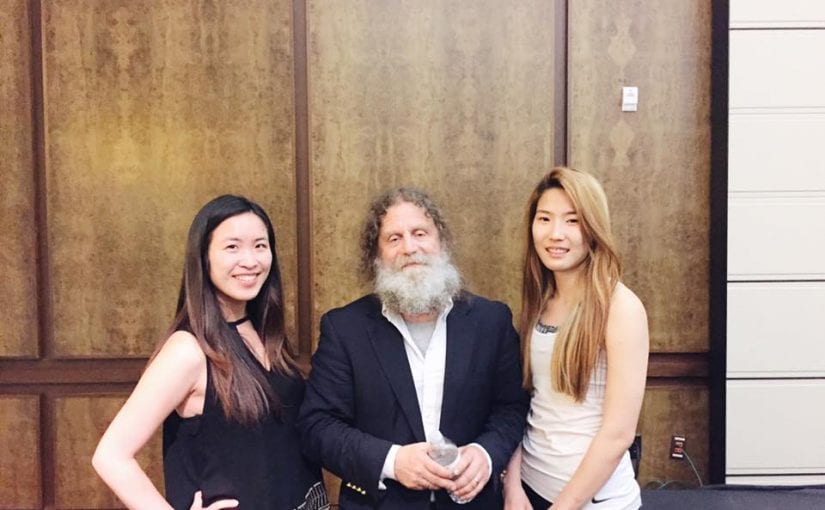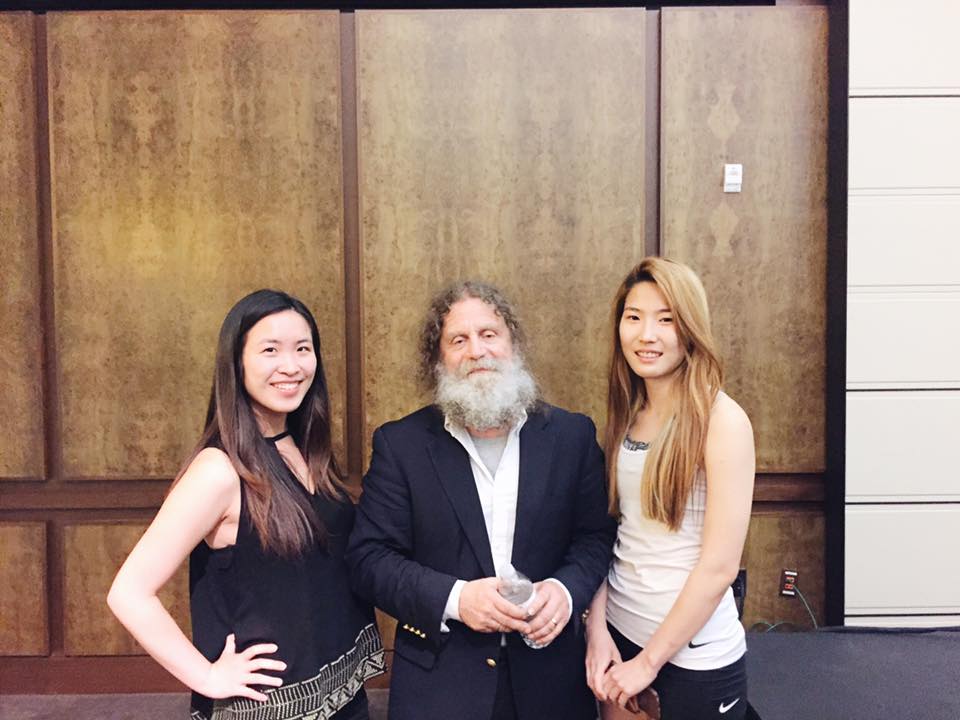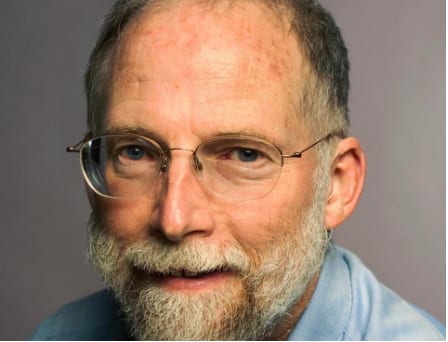“The poets (by which I mean all artists) are finally the only people who know the truth about us. Soldiers don’t. Statesmen don’t. Priests don’t. Union leaders don’t. Only poets” (James Baldwin). Terisa Siagatonu (poet, activist, therapist) offered this quote as part of the night’s thesis for her presentation at the Ath on Tuesday, October 1st. Coming from the perspective of a 1st generation, queer, Pacific Islander woman, Terisa discussed her role as an award-winning poet and artist in being a voice that reflects what society is feeling and being an activist for healing and change.
In addition to reciting powerful poetry that filled the room with snaps of agreement, Terisa shared her background of how she navigated the 1st generation struggle and how she found her voice through poetry. She discussed the risks of being an artist, especially this day and age with social media and increased vulnerability. Despite this, she says, “the cost of my silence was way too high of a price to pay… it was affecting my whole well-being”. It opened up conversations with her family that would otherwise have been kept closed, and it helped her to find the transformative power of poetry in trauma. With a degree in marriage and family therapy, Terisa has a unique perspective of how creativity and artistry can be combined with healing. She not only teaches this to small groups, but speaks out as a member of society, following and reflecting current events and emotions. She shares how poetry is becoming more popular now than ever – it’s economic and easy to access, it grabs attention, and it forces you to be creative with what you want to say while challenging you to be intentional with your words. But the benefits don’t stop at there: “Our health improves when we have agency over our voice and control of our narrative… and not just in art,” states Terisa. Her goal right now is to find ways to not only have poetry impact the individual and the larger community by using voice to address change, but to address the root cause of current issues.
To keep track of Berger Institute events, click here. To learn more about Terisa Siagatonu, click here.






